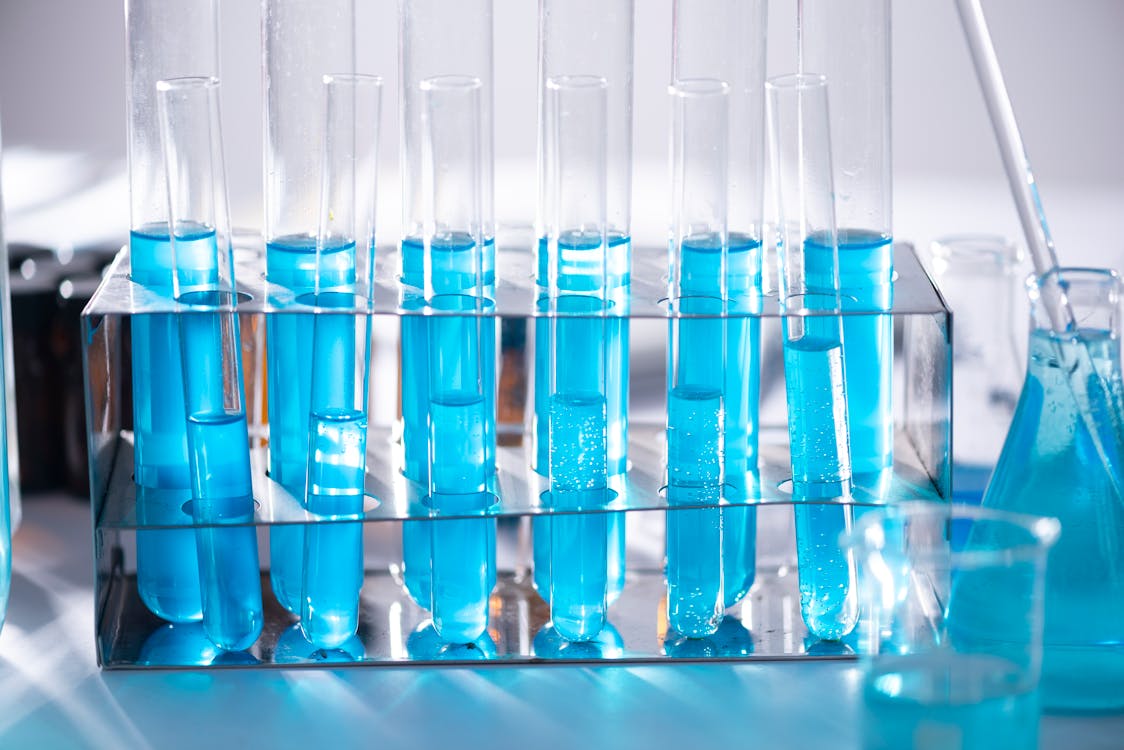Week In Review: Ten Biggest 2022 China Biopharma Deals Worth $21.5 Billion

Image Source: Unsplash
A Look at 2022 China Biopharma in Review
China Biopharma deal activity in 2022 was certainly slower than the previous year, but the ten largest deals, many of them booked in the second half of the year, totaled a decent $21.5 billion by themselves (see story).
Most spectacular were the three Kelen-Biotech out-licensing pacts with US-based Merck worth $11.8 billion, including a huge $9.5 billion December agreement. In addition, China life science venture capitalists got busy during the summer months, announcing a total of $12 billion in new funds from four well-known firms for future investments.
The 2022 deal flow may have declined from 2021, but the year was not a bust. Here, we list 2022’s ten largest China biopharma deals and the four biggest venture raises for life science.
Deals and Financings
Shandong Boan Biotech, a Luye Pharma subsidiary, completed a $20 million IPO on the Hong Kong Exchange to support its portfolio of biosimilars and novel mAb candidates (see story). In 2019, Luye acquired Boan at a rumored price of $205 million after Luye in-licensed rights to four of Boan’s biosimilars.
Founded in 2013, Boan is developing 12 products for oncology, metabolism, autoimmunity, and ophthalmology. In its portfolio, the company has two approved biosimilars, another three biosimilars in China Phase III trials, three innovative drug candidates and six undisclosed molecules. Boan’s new shares, which began trading recent, closed the most recent session unchanged.
Shanghai Junshi Biosciences out-licensed Middle East/North African rights to its lead drug, the anti-PD-1 toripalimab, to Hikma Pharma, a specialist in the region (see story). Hikma will also have the right of first negotiation in three other Junshi candidates still in development.
In China, toripalimab is approved for six indications, and Junshi is currently conducting global trials of the drug in cancers of the lung, nasopharynx, esophagus, stomach, bladder, breast, liver, kidney, and skin. Financial details of the agreement were not disclosed.
WuXi XDC, a bioconjugate CRMO, will promote Suzhou GeneQuantum Healthcare’s drug development platforms globally to advance innovative bioconjugate development and commercial production (see story). GeneQuantum has developed a proprietary enzymatic site-specific conjugation technology to develop ADC drugs more quickly than other methods.
WuXi XDC is a joint venture between WuXi Biologics and WuXi STA that provides contract CRMO services for bioconjugates, including antibody drug conjugates. GeneQuantum will also collaborate with Wuxi XDC to develop several of its own ADC candidates using Wuxi XDC's ADC production platform and CMC capability.
Shanghai Ablaze Pharma announced a development and manufacturing services agreement to develop radiopharmaceutical therapies with Zhejiang’s Yonghe Pharma (see story). In 2021, Ablaze partnered with RayzeBio, a San Diego innovative radiopharmaceutical company, to develop five targeted RayzeBio radiation therapies in China.
The radiopharmaceuticals, which consist of a small peptide binder, a linker, and a potent radioactive payload, deliver radioisotopes to tumors via the bloodstream. Ablaze has signed up Yonghe as its CDMO partner, providing production process development and cGMP manufacturing services.
Company News
Shanghai Everest Medicines has started operations in its $130 million mRNA vaccine production facility, located in Jiashan, Zhejiang Province (see story). In September 2021, Everest announced a $500 million two-part mRNA deal with Providence Therapeutics of Calvary, Canada.
Initially, Everest acquired China-Asia rights to Providence's mRNA Phase II COVID-19 vaccine and then began a 50/50 global collaboration for two additional Providence mRNA prophylactic or therapeutic products. Everest said it has completed industrial scale technology transfer of the mRNA platform along with other tasks that will allow it to produce mRNA vaccines and other novel drugs.
Trials and Approvals
Beijing InnoCare Pharma was approved for a Hong Kong launch of tafasitamab, a humanized Fc-modified cytolytic CD19-targeting immunotherapy, in patients with diffuse large B-cell lymphoma (DLBCL) (see story). InnoCare acquired China rights to the candidate from Delaware-based Incyte in a $117 million deal last year.
The drug will be administered in combination with lenalidomide to adult patients with relapsed or refractory forms of DLBCL who are not eligible for autologous stem cell transplant (ASCT). InnoCare promised it will speed up China tafasitamab trials to advance its approval in China’s mainland.
Hangzhou MindRank, an AI drug discovery company, was approved to start a US Phase I trial of its lead candidate, a glucagon-like peptide 1 receptor agonist (GLP-1 RA), aimed at obesity and type 2 diabetes mellitus (T2DM) (see story). MindRank plans to start a Phase I safety study in the first quarter of 2023.
Using its proprietary AI drug discovery platform, Molecule Pro™, MindRank advanced MDR-001 to IND approval in 19 months. The company had to synthesize and test fewer than 100 chemical compounds before finding the preclinical candidate. It believes MDR-001 has best-in-class potential.
More By This Author:
Week In Review: Boston Scientific Pays $523 Million For Majority Stake In Beijing Acotec Scientific
Week In Review: Akeso Out-Licenses PD-1/VEGF To Summit In $5 Billion Pact
Week In Review: Full-Life Acquires Focus-X And Its Eight Radiotherapeutics In $245 Million Deal
Disclosure: None



